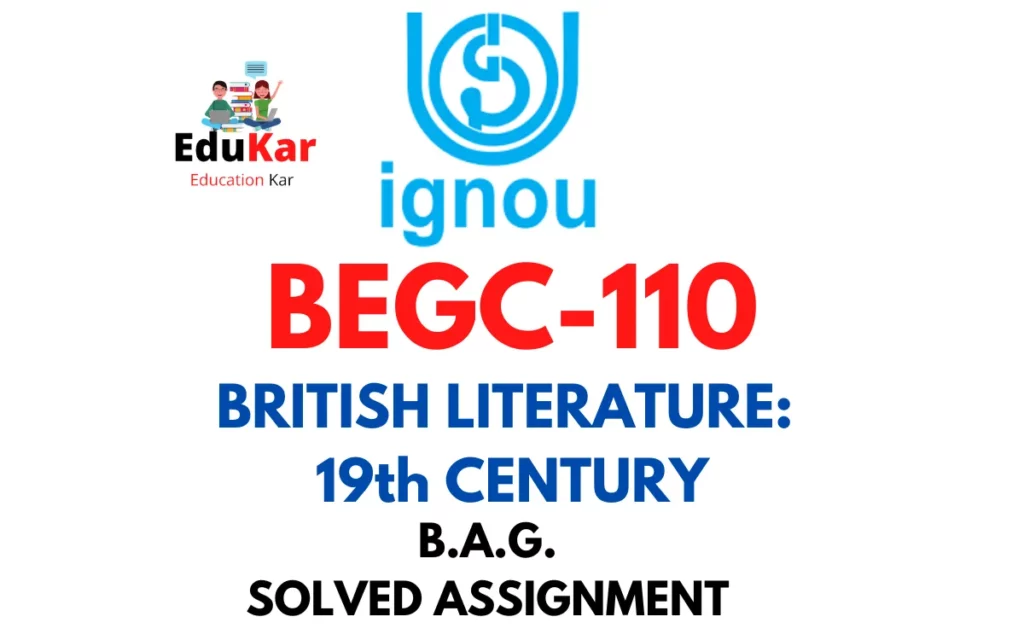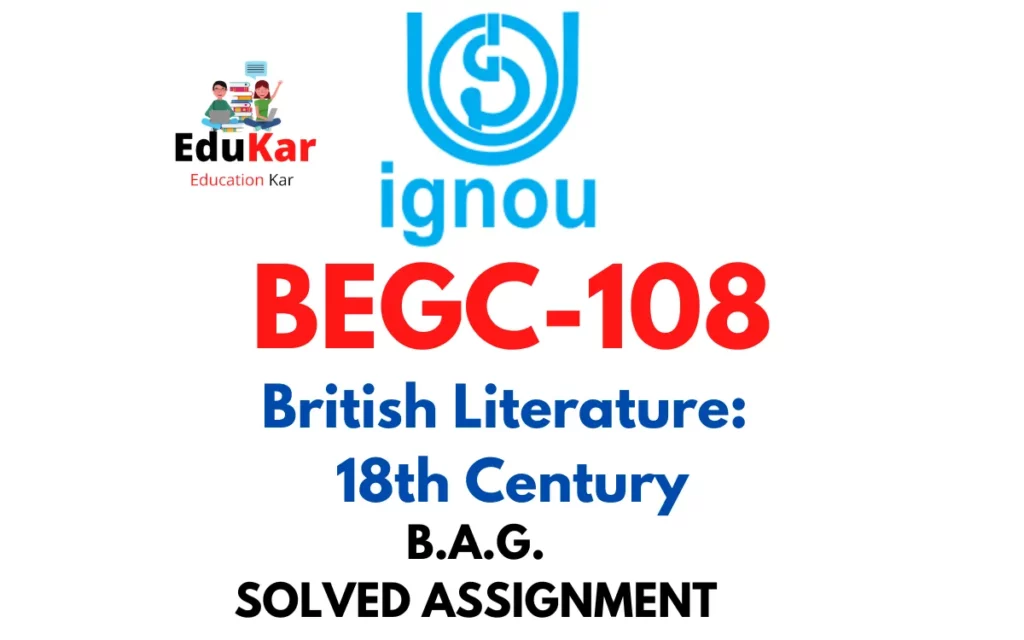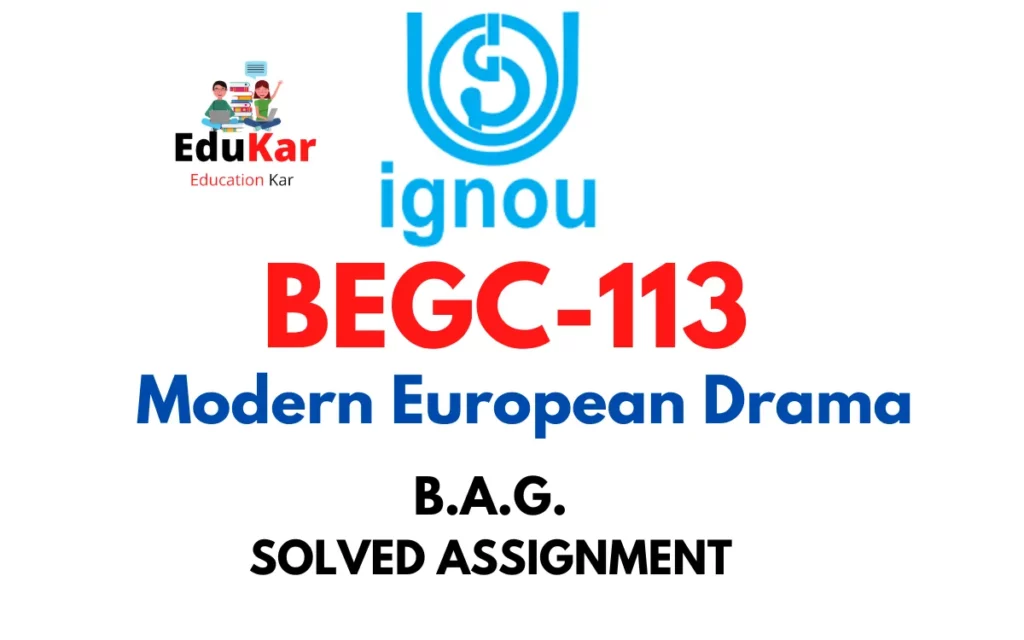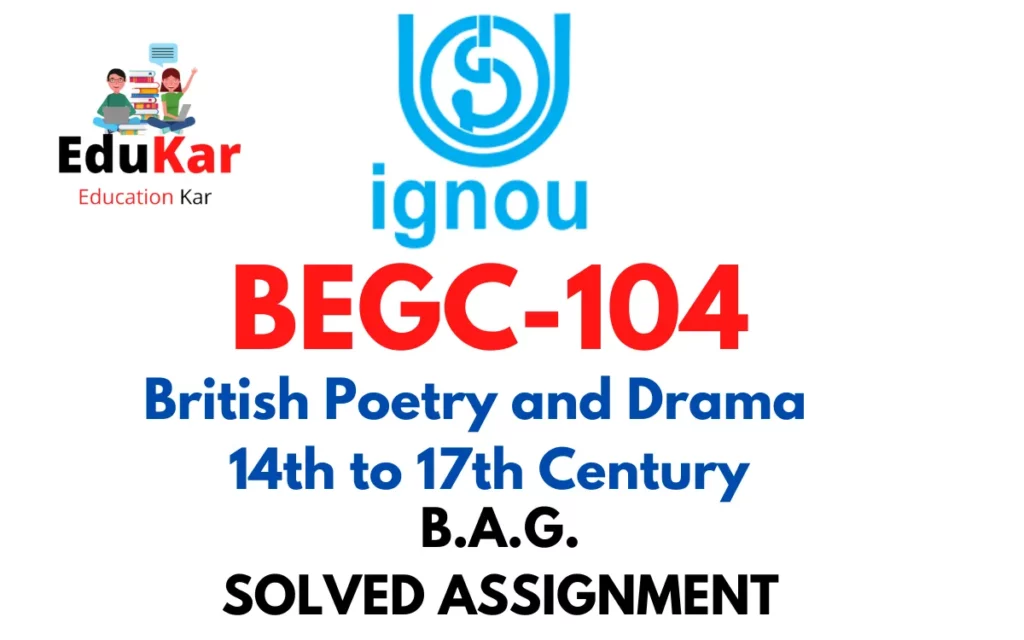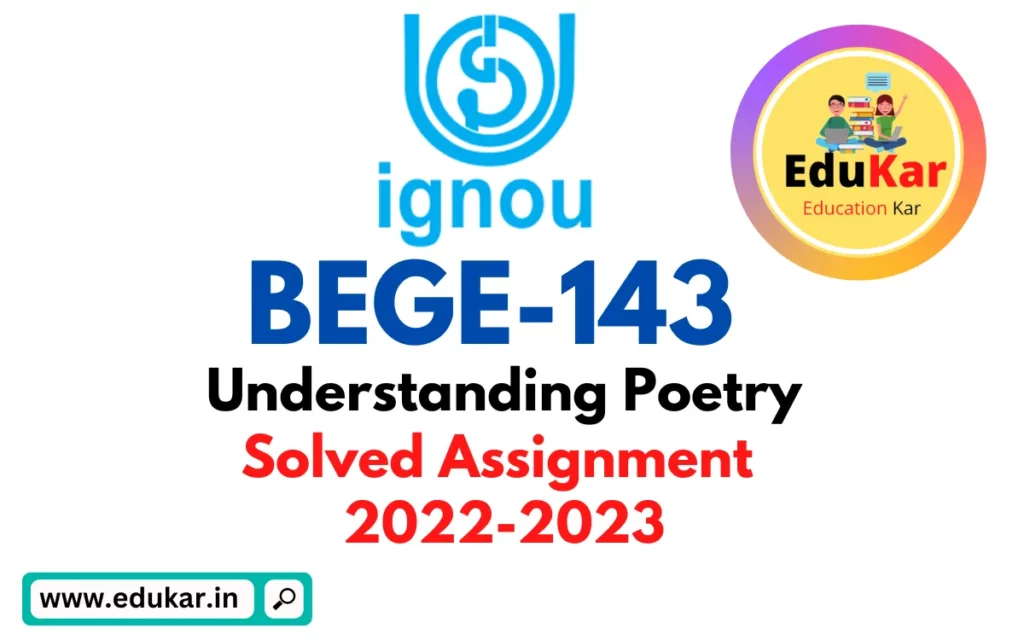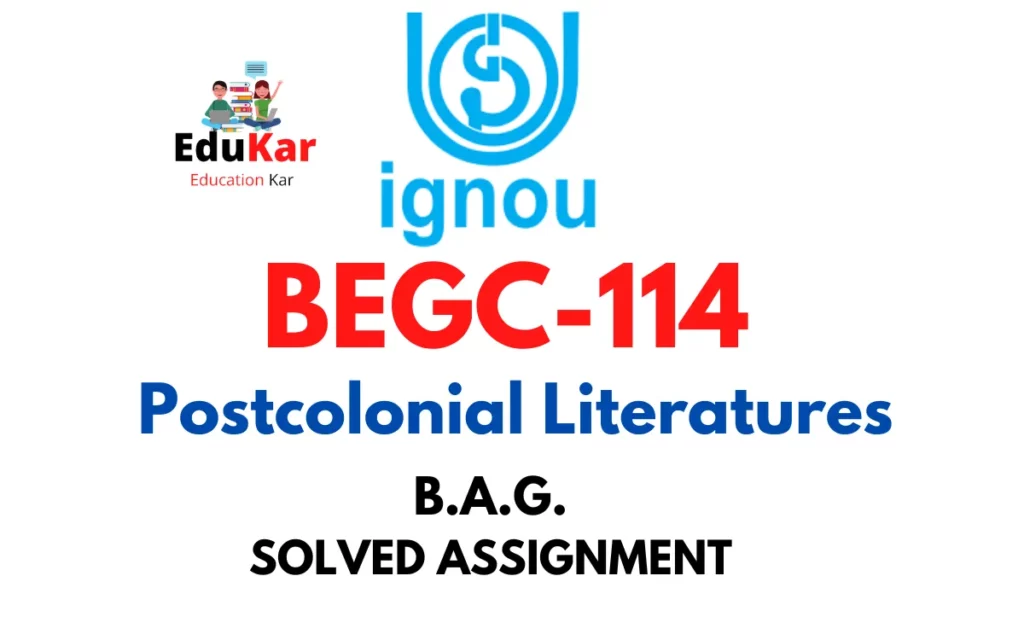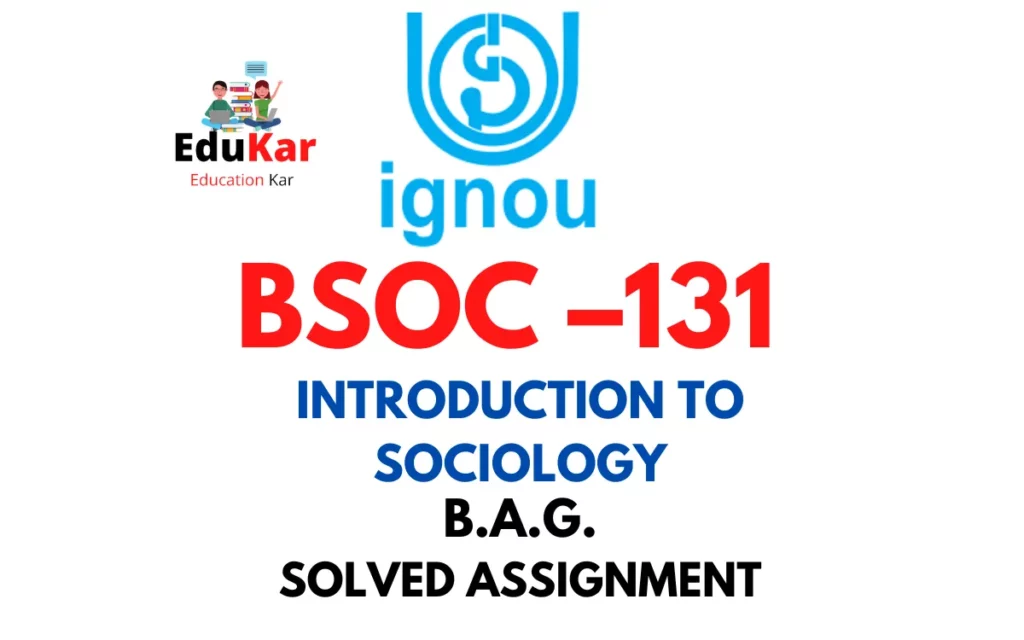Contents
- 1 Section A
- 2 Write short notes on the following in about 200 words each.
- 3 a. Shakespearean Tragedy
- 4 b. The Metaphysical Poets
- 5 Section B
- 6 Answer the following reference to the context in about 300 words each:
- 7 a) Forget thyself to marble, tillWith a sad leaden downward castThou fix them on the earth as fast.And join with thee calm Peace and Quiet,Spare Fast, that oft with gods doth diet,And hears the Muses in a ringAye round about Jove’s altar sing;
- 8 b) Heavens bless my Son, from Ireland let him reignTo farr Barbadoes on the Western main;Of his Dominion may no end be known,And greater than his Father’s be his Throne.
- 9 c) “The hoary prince in majesty appearedHigh on a throne of his own labours reared,At his right hand our young Ascanius satRome’s other hope and pillar of the stateHis brows thick fogs instead of glories grace,And Lambent dullness played around his face”.
- 10 Section C
- 11 Answer the following questions in about 800 words each:
- 12 Discuss the character of Bosola in ‘The Duchess of Malfi’.
- 13 Write a critical appreciation on ‘On His Blindness’.
- 14 Discuss Paradise Lost as an Epic.
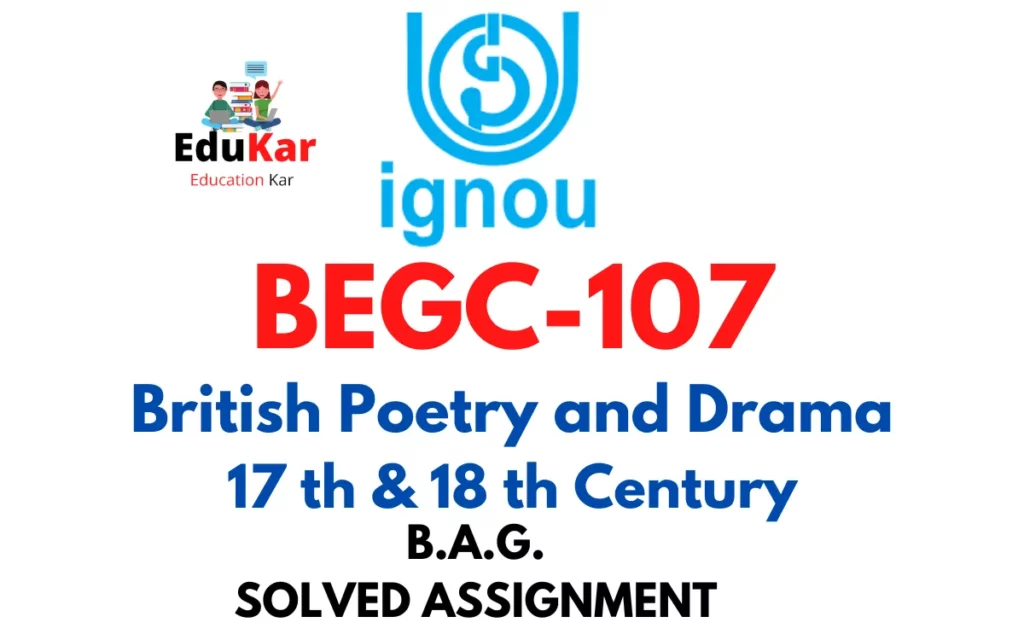
| Title | BEGC-107: IGNOU BAG Solved Assignment 2022-2023 |
| University | IGNOU |
| Degree | Bachelor Degree Programme |
| Course Code | BEGC-107 |
| Course Name | British Poetry and Drama-17 h & 18th Century |
| Programme Name | Bachelor of Arts (General) |
| Programme Code | BAG |
| Total Marks | 100 |
| Year | 2022-2023 |
| Language | English |
| Last Date for Submission of Assignment: | For June Examination: 31st April For December Examination: 30th September |
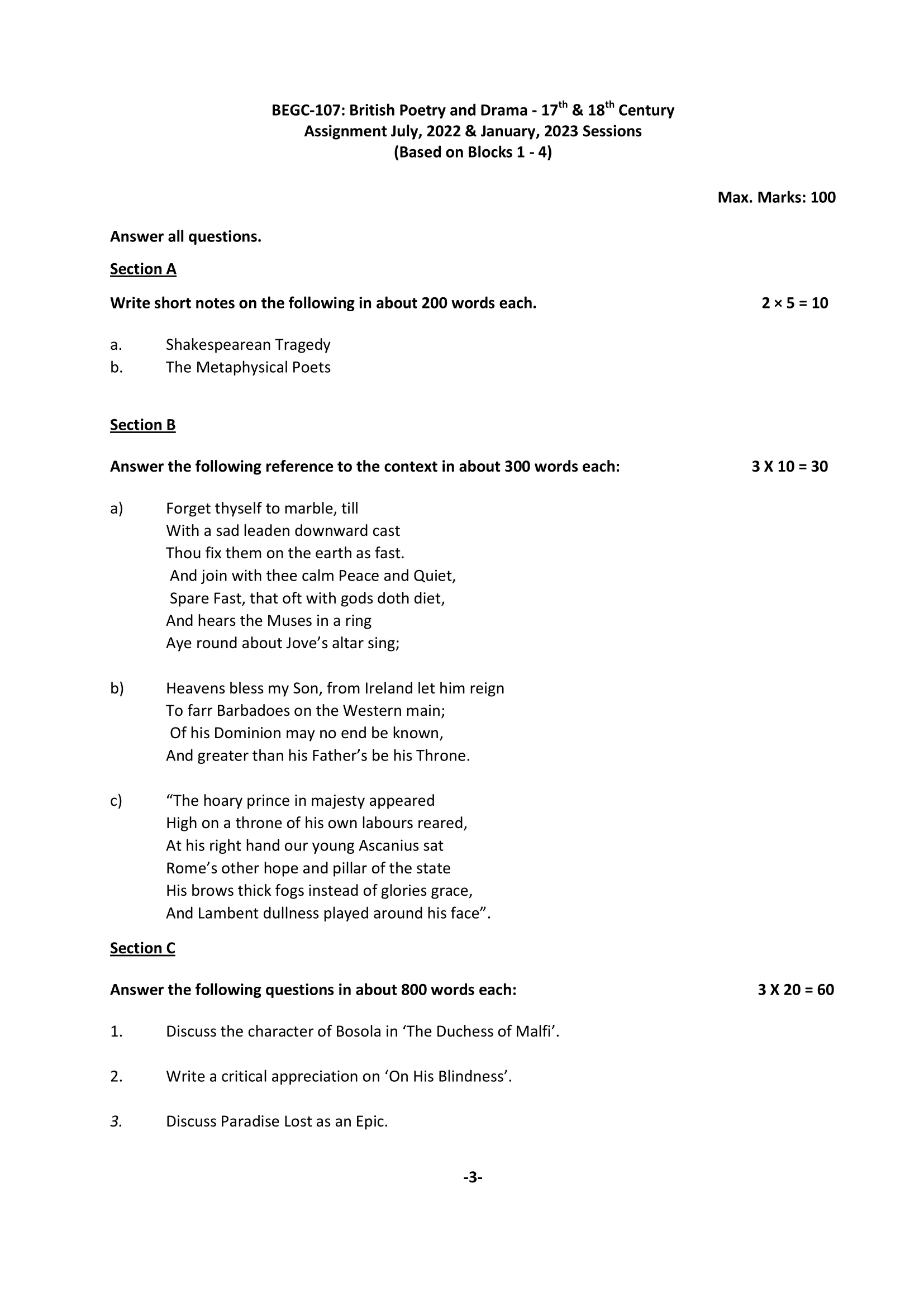
Section A
Write short notes on the following in about 200 words each.
a. Shakespearean Tragedy
Ans: Shakespearean tragedy is a genre of plays written by William Shakespeare that follows a specific structure and style. It typically features a tragic hero who starts off in a position of power and ends up suffering a tragic downfall due to a flaw in their character or circumstances beyond their control. The plays are known for their exploration of universal themes such as love, jealousy, betrayal, and revenge.
The structure of a Shakespearean tragedy usually includes five acts, with the climax or turning point occurring in the middle of the play. The language is poetic and contains a mix of prose and verse, with characters delivering monologues and soliloquies that reveal their inner thoughts and feelings.
Some of Shakespeare’s most famous tragedies include “Hamlet,” “Macbeth,” “King Lear,” “Othello,” and “Romeo and Juliet.” These plays continue to be widely studied and performed today, and have had a significant impact on literature and culture.
Overall, Shakespearean tragedy is a powerful and emotional genre that explores the complexities of the human experience. It continues to be a source of inspiration and insight for artists and audiences alike.
b. The Metaphysical Poets
Ans: The Metaphysical Poets were a group of 17th-century English poets who wrote during the period of John Donne, George Herbert, Richard Crashaw, and Andrew Marvell. These poets are known for their use of metaphysical conceits, which are extended and often elaborate comparisons that link seemingly unrelated objects or ideas.
The Metaphysical Poets were characterized by their intellectual wit, their use of paradox and irony, and their exploration of complex philosophical and religious ideas. They were influenced by the scientific and philosophical advances of their time, as well as by the work of earlier poets like Petrarch and John Milton.
The poetry of the Metaphysical Poets is often marked by its complexity and ambiguity, as well as by its emotional intensity. Their work reflects a desire to grapple with the mysteries of existence, and to find meaning in the world around them.
Some of the most famous poems by the Metaphysical Poets include John Donne’s “A Valediction: Forbidding Mourning,” George Herbert’s “The Altar,” and Andrew Marvell’s “To His Coy Mistress.” These poets continue to be studied and admired for their innovative approach to language and their unique perspective on the world.
Section B
Answer the following reference to the context in about 300 words each:
a) Forget thyself to marble, till
With a sad leaden downward cast
Thou fix them on the earth as fast.
And join with thee calm Peace and Quiet,
Spare Fast, that oft with gods doth diet,
And hears the Muses in a ring
Aye round about Jove’s altar sing;
Ans: The quoted lines are from John Milton’s poem “Lycidas.” In this poem, the speaker is mourning the death of his friend, Lycidas, who has drowned at sea. The lines quoted here are part of the speaker’s wish that Lycidas could have lived to become a great poet.
The phrase “Forget thyself to marble” suggests the idea of turning to stone, or becoming like a statue. This could be interpreted as a metaphor for the process of artistic creation, in which the poet becomes so absorbed in the act of writing that they lose themselves in it. The next line, “With a sad leaden downward cast,” suggests a sense of heaviness or sadness. The poet’s gaze is directed downward, as if weighed down by sorrow.
The following lines speak of “calm Peace and Quiet” and “Spare Fast.” These are personified concepts that are often associated with spiritual or religious practices. “Spare Fast” is a reference to fasting, which is a common practice in many religions as a way of purifying the body and soul. The idea of fasting “with gods” suggests a sense of communion with the divine.
The final lines speak of the Muses, who were goddesses in Greek mythology associated with inspiration and the arts. They are depicted as singing “round about Jove’s altar,” which is a reference to the king of the gods in Roman mythology. The image suggests a sense of harmony and unity, as if all the elements of the universe are working together in perfect balance.
b) Heavens bless my Son, from Ireland let him reign
To farr Barbadoes on the Western main;
Of his Dominion may no end be known,
And greater than his Father’s be his Throne.
Ans: The quoted lines are from a poem called “A Letter to Sir Robert Walpole” by Jonathan Swift. The poem is a satirical work that is critical of the British government and its policies towards Ireland.
The speaker is expressing a wish for his son to become a powerful ruler, one who surpasses his own achievements. The phrase “Heavens bless my Son” suggests a sense of optimism and hope for the future. The reference to Ireland suggests that the speaker is Irish and that his son would rule over that country. The phrase “to farr Barbadoes on the Western main” suggests that the son’s realm would extend far beyond Ireland, to a distant part of the world.
The next line, “Of his Dominion may no end be known,” suggests a desire for the son’s reign to be eternal and unchallenged. The speaker wants his son to be a powerful and respected ruler, one who is able to maintain his grip on power for many years.
The final line, “And greater than his Father’s be his Throne,” suggests a sense of pride and ambition. The speaker wants his son to achieve even more than he has, to be a greater ruler with a more impressive legacy. The reference to the son’s “Throne” suggests that the speaker sees rulership as a hereditary right, something that should be passed down from father to son.
c) “The hoary prince in majesty appeared
High on a throne of his own labours reared,
At his right hand our young Ascanius sat
Rome’s other hope and pillar of the state
His brows thick fogs instead of glories grace,
And Lambent dullness played around his face”.
Ans: The quoted lines are from a satirical poem called “The Dunciad” by Alexander Pope. The poem is a critique of what Pope saw as the decline of literature and learning in his time, and it portrays a world in which dullness and ignorance have taken over.
The lines describe a scene in which an old, “hoary” prince is sitting on a throne. This prince is a symbol of the established order, of tradition and authority. At his right hand sits Ascanius, who is described as “Rome’s other hope and pillar of the state.” Ascanius is a symbol of youth and the future, of the potential for growth and renewal.
However, the description of Ascanius’s appearance is not a flattering one. His “brows thick fogs instead of glories grace” suggests a lack of intelligence or clarity of thought. The phrase “Lambent dullness played around his face” reinforces this idea, suggesting a lack of energy or enthusiasm.
The overall effect of these lines is to contrast the old and the new, the established order and the potential for change. The hoary prince represents the old ways of thinking, the established traditions and the conservative mindset. Ascanius represents the potential for growth and renewal, the hope for a brighter future. However, the fact that Ascanius is described as dull and lacking in energy suggests that this hope may be misplaced, that the future may not be as bright as we might hope.
In “The Dunciad,” Pope is satirizing the world of literature and learning, suggesting that the decline of these fields is leading to a decline in the quality of society as a whole. The lines quoted here are part of that critique, portraying a world in which the potential for growth and renewal is held back by a lack of intelligence and energy.
Section C
Answer the following questions in about 800 words each:
Discuss the character of Bosola in ‘The Duchess of Malfi’.
Ans: Bosola is a complex and intriguing character in John Webster’s play “The Duchess of Malfi.” He is a multifaceted figure who defies easy categorization, moving from being a villainous figure to a tragic hero over the course of the play. This essay will explore the character of Bosola in “The Duchess of Malfi,” examining his motivations, actions, and ultimate fate.
At the outset of the play, Bosola is presented as a cynical and opportunistic figure. He is hired by Ferdinand and the Cardinal to spy on the Duchess of Malfi and report back on her activities. He is initially depicted as a mercenary figure, willing to do whatever it takes to advance his own interests. However, as the play progresses, Bosola’s motivations and allegiances become more complicated.
One of the key themes of the play is the corruption of power. Bosola is a figure who is both subject to this corruption and actively participates in it. He is a character who has been shaped by his experiences, which have left him disillusioned and embittered. Bosola’s initial motivations for working for Ferdinand and the Cardinal are financial, but it becomes clear that he is also driven by a desire for revenge. He resents the social and political hierarchy that has left him powerless and marginalized, and he sees the Duchess as embodying everything that he has been denied.
Over the course of the play, Bosola’s feelings towards the Duchess become more complex. He is initially dismissive of her, viewing her as a woman who has overstepped her social and gendered boundaries by marrying beneath her station. However, as he comes to know her better, he develops a grudging respect for her strength and independence. Bosola becomes more sympathetic to the Duchess’s plight, recognizing that she is trapped in a patriarchal system that seeks to control her every move.
Bosola’s actions throughout the play are shaped by a complex mixture of motives. He is a character who is torn between different loyalties and obligations. On the one hand, he is loyal to Ferdinand and the Cardinal, who pay him to spy on the Duchess. On the other hand, he becomes increasingly sympathetic to the Duchess’s plight, and even comes to love her in his own way. Bosola is ultimately caught between these competing allegiances, and this tension drives much of the drama of the play.
As the play progresses, Bosola’s character becomes more tragic. He is a man who is torn apart by conflicting emotions and loyalties. He is torn between his desire for revenge and his growing sympathy for the Duchess, and this conflict ultimately leads to his downfall. Bosola is a character who is ultimately unable to extricate himself from the web of intrigue and betrayal that he has helped to create. He is a figure who is driven to extremes by his own sense of powerlessness and his desire for revenge.
Write a critical appreciation on ‘On His Blindness’.
Ans: “On His Blindness” is one of John Milton’s most famous sonnets, written in 1655 after he had lost his sight. The poem is a meditation on the theme of acceptance, as Milton struggles to come to terms with his blindness and find meaning in his suffering. In this critical appreciation, we will explore the themes, language, and form of the poem, and consider its enduring significance.
The poem opens with the speaker reflecting on his own limitations. He describes his own “one talent” – his ability to write – and laments that he has not been able to use it as he would have liked. The language in the opening lines is humble and introspective, as the speaker questions his own abilities and struggles to find purpose in his life.
The central theme of the poem is the idea of accepting one’s fate, even when it is not what one would have chosen for oneself. Milton’s own blindness is used as a metaphor for the limitations that we all face in life, and the poem is a meditation on how we can find meaning and purpose in the face of adversity. The speaker comes to the realization that it is not important whether he is able to continue writing or not, but rather that he is able to serve God in his own way, even if that means simply waiting for the right moment to act.
The language of the poem is simple and direct, yet it is also powerful and emotive. The use of the rhetorical question, “Doth God exact day-labour, light denied?” is particularly effective in conveying the speaker’s sense of injustice and frustration. The use of repetition in the final line of the poem, “They also serve who only stand and wait,” is also effective in reinforcing the central message of the poem.
The form of the poem is a sonnet, with fourteen lines and a rhyme scheme of abba abba cde cde. The use of this traditional form is important in conveying the speaker’s sense of continuity and tradition, as well as his sense of being part of a wider literary and cultural heritage. The form also helps to structure the poem, and the volta or turn that comes after the eighth line is particularly effective in shifting the focus of the poem from the speaker’s personal struggles to a more universal message of acceptance and humility.
“On His Blindness” is a powerful and moving poem that speaks to the human experience of suffering and adversity. The poem is notable for its simplicity and directness of language, as well as for its focus on the theme of acceptance. The use of the sonnet form is effective in conveying the speaker’s sense of continuity and tradition, and in structuring the poem. The enduring significance of the poem lies in its message of hope and resilience in the face of adversity, and in its celebration of the human spirit’s ability to find meaning and purpose in even the most challenging of circumstances.
Discuss Paradise Lost as an Epic.
Ans: Paradise Lost is an epic poem written by John Milton, first published in 1667. It is considered one of the greatest works of English literature, and is renowned for its depiction of the biblical fall of man, the temptation of Adam and Eve, and their eventual expulsion from the Garden of Eden. In this essay, we will explore the characteristics that make Paradise Lost an epic, and consider how these elements contribute to the poem’s overall structure and meaning.
One of the key features of an epic is its length and scope, and Paradise Lost certainly fits this criterion. The poem consists of twelve books, each containing hundreds of lines of verse. The subject matter is also expansive, covering the creation of the universe, the fall of the rebel angels, and the temptation and fall of Adam and Eve. This wide-ranging scope is typical of an epic, and is necessary in order to convey the grandeur and importance of the subject matter.
Another characteristic of an epic is the use of an elevated, formal language. Paradise Lost certainly meets this standard, with its use of blank verse and ornate diction. The poem is written in iambic pentameter, with lines of ten syllables, and this formal structure gives the poem a sense of gravity and importance. The language is also rich in allusion and metaphor, drawing on classical mythology and the Bible to create a complex web of meanings and associations.
The poem also features a heroic protagonist, in the form of Satan. Although the traditional view of Satan as the villain of the piece might suggest that he is not a suitable candidate for a heroic role, Milton portrays him as a complex and multifaceted character, with many of the qualities that are traditionally associated with heroes. He is brave, cunning, and determined, and his speeches are often powerful and persuasive. His status as a tragic hero is further emphasized by his eventual downfall, as he is cast out of Heaven and consigned to eternal damnation.
Another important feature of an epic is the use of digressions, or long diversions from the main narrative, in order to explore related themes or characters. Paradise Lost is full of these digressions, which range from descriptions of the various regions of Hell to speeches by the archangels and discussions of the nature of free will. These digressions serve to deepen the reader’s understanding of the poem’s themes and to add complexity to the narrative.
How to Download BEGC-107 Solved Assignment?
You can download it from the www.edukar.in, they have a big database for all the IGNOU solved assignments.
Is the BEGC-107 Solved Assignment Free?
Yes this is absolutely free to download the solved assignment from www.edukar.in
What is the last submission date for BEGC-107 Solved Assignment?
For June Examination: 31st April, For December Examination: 30th October

